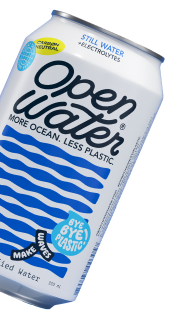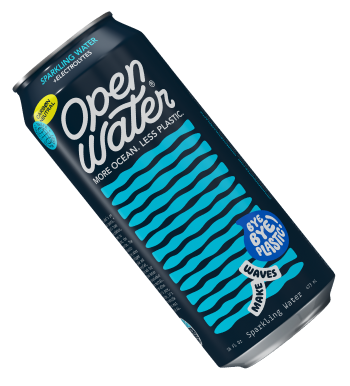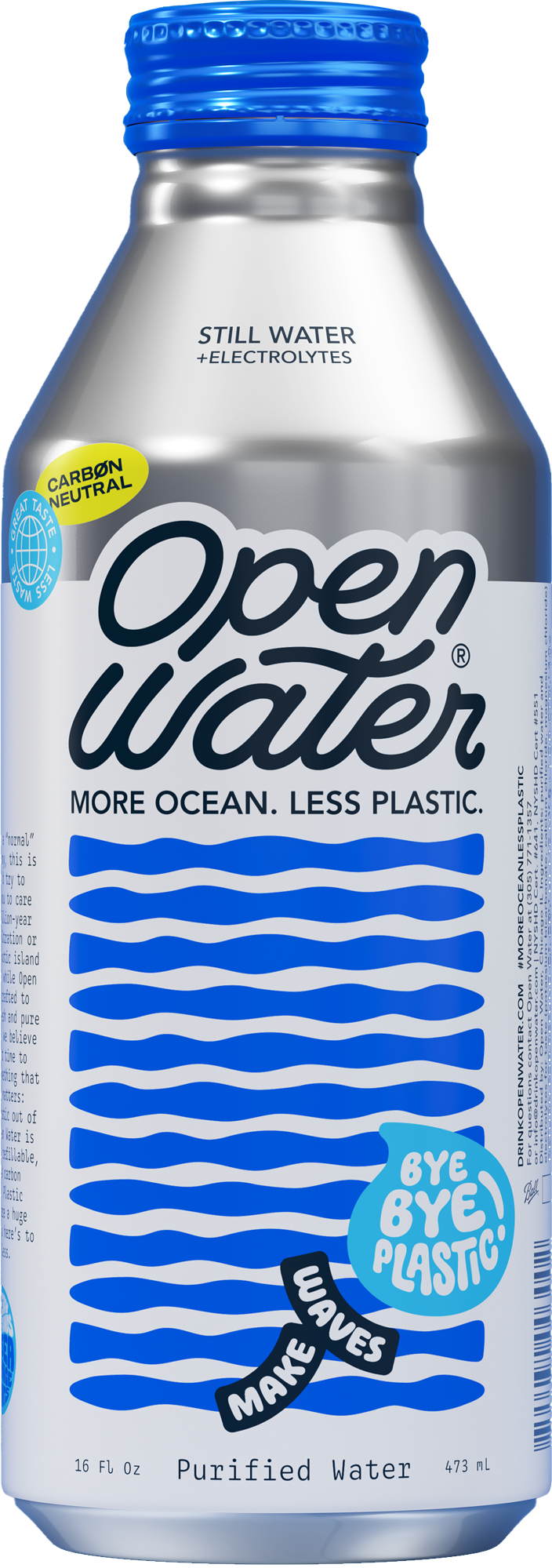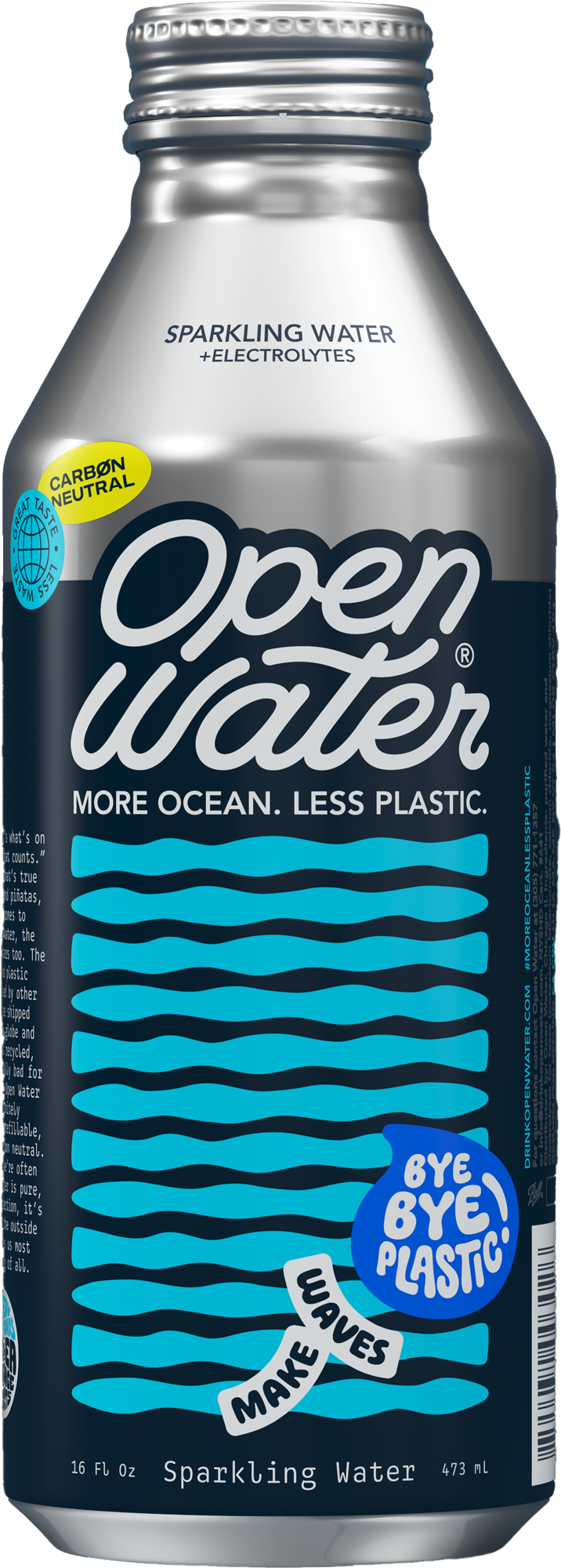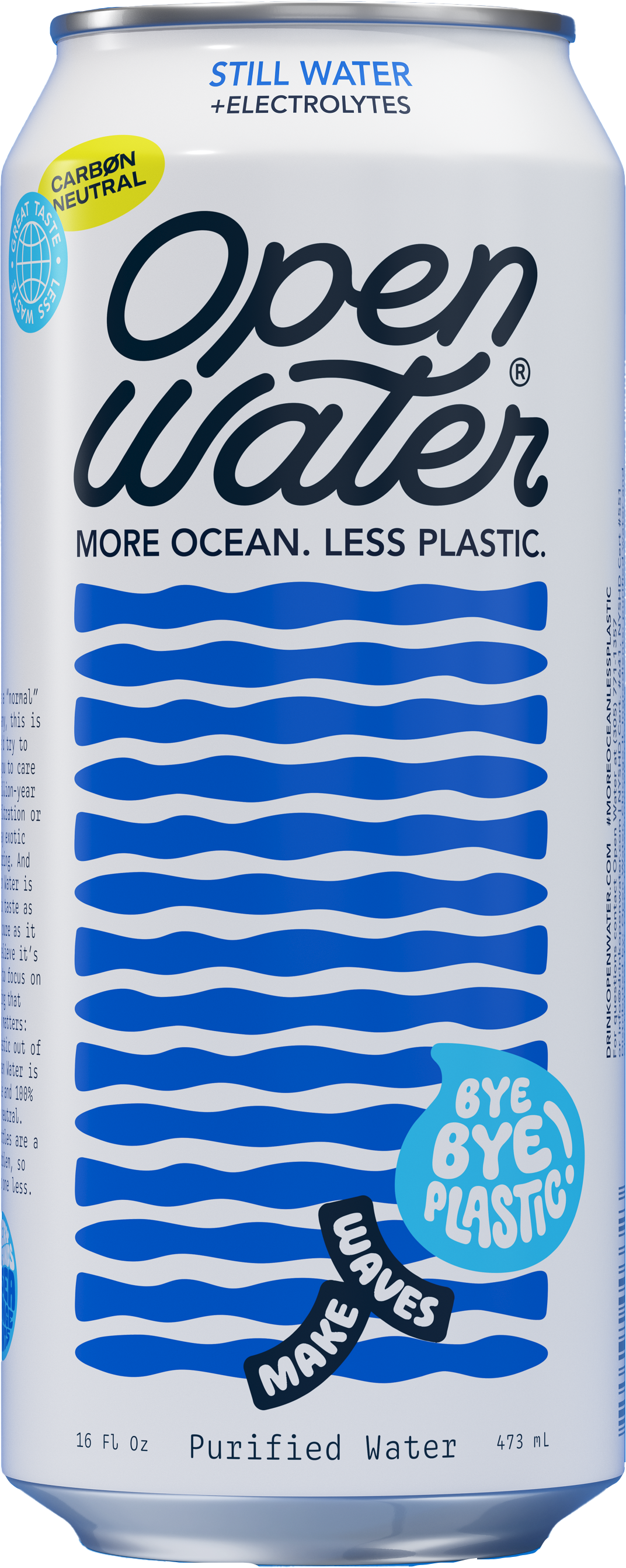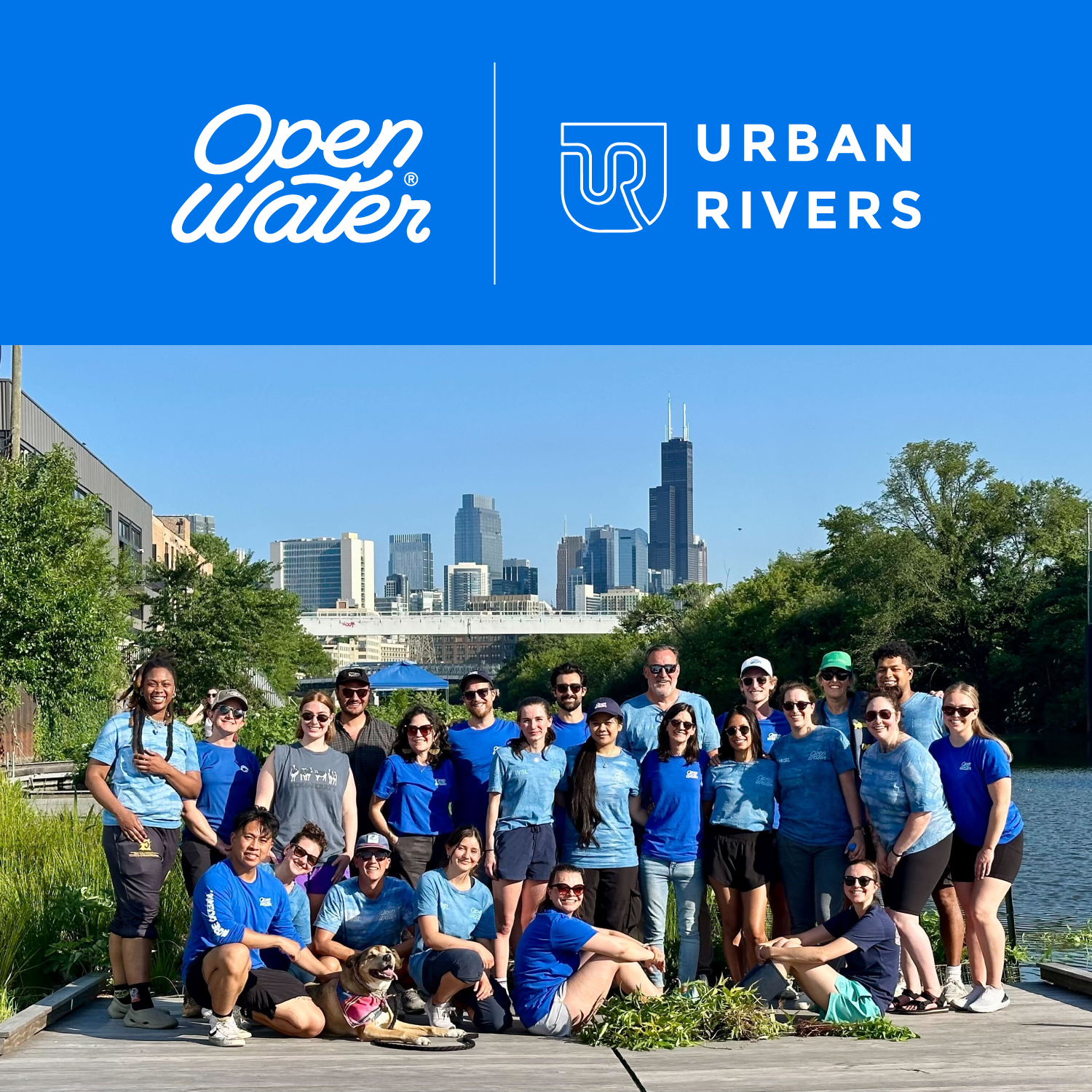Last week, the Open Water team joined up with our friends at Urban Rivers for a hands-on day of volunteering along the Chicago River. We walked away with muddy hands, inspired minds, and a deeper appreciation for the power of community-driven environmental action.
Urban Rivers, headquartered in Chicago, advocates for riverbank restoration in cities across the globe. Most urban rivers have metal seawalls where riverbanks used to be. These walls remove essentially any natural riverbank habitat for plants and wildlife.
But let’s back up…In 1853, Chicago’s first mayor purchased the land currently known as Goose Island and began digging a canal east of the Chicago River. For most of Chicago’s history, this canal was used as an industrial corridor, where barges and vessels that carried lumber, coal, grain, and more passed through. By the early 1900s, due to this industrial work and Chicago’s lack of proper sewage disposal, the river became so polluted that city engineers famously reversed its flow to protect drinking water in Lake Michigan. Today, thanks to decades of environmental regulation and grassroots advocacy the river is slowly being reborn.
Urban Rivers is playing a central role in that transformation. Their signature project—the Wild Mile—is a floating garden being developed in the North Branch Canal. It’s a one-of-a-kind initiative that reimagines urban space by transforming an industrial waterway into a vibrant pedestrian destination and thriving habitat for wildlife. From floating wetlands and boardwalk paths to educational signage and native plantings, the Wild Mile blends restoration with recreation in the heart of the city.
Urban Rivers is a Sea Change Grant recipient, and we’re so thankful for the privilege of helping support their bold vision. On the ground last week, we helped clean up trash from the water and shoreline, some of it tangled in vegetation, a reminder of how far we still have to go in reducing plastic pollution. We also pulled invasive weed species that crowd out native plants and threaten the ecosystem’s balance.
Beyond the physical labor, the day was a powerful reminder of what’s possible when people come together with a shared sense of purpose. Urban Rivers’ work is proof that focused interventions can catalyze large-scale change. At Open Water, we’re proud to contribute to that effort. We left tired but energized, reminded that sustainability is about what we help grow. The Wild Mile is proof that cleaner, greener, more connected futures are possible one river, and one volunteer day at a time.
